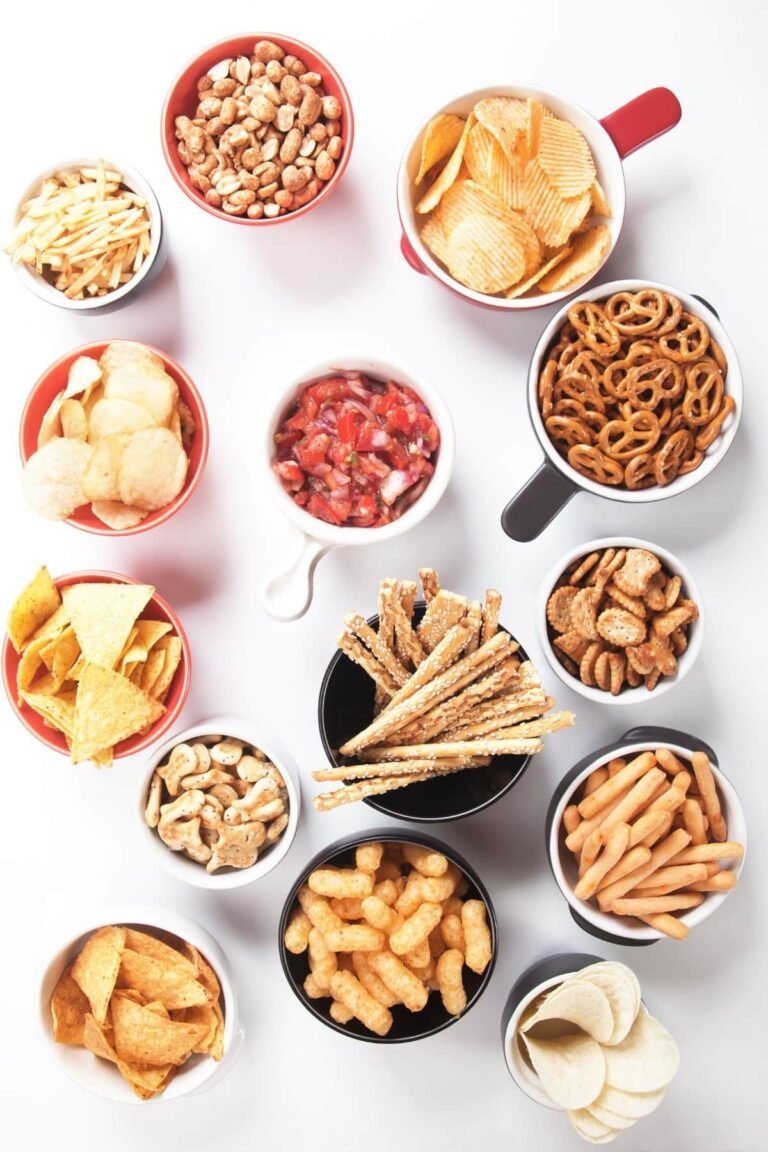7 Healthy Eating Habits (That You Can Actually Do)
Are you looking to revamp your eating habits for better health? Whether you’re aiming to shed a few pounds, manage a health condition, or simply feel better overall, adopting healthy eating habits can make a significant difference. Here are seven straightforward pillars of healthy eating to kickstart your journey:
Prioritize Whole Foods
When it comes to nutrition, whole foods are your best bet. Think fresh fruits, colorful veggies, whole grains, lean proteins, and healthy fats. These foods are packed with essential nutrients and fiber, which support weight management, digestion, and overall well-being. Plus, they can help reduce the risk of chronic diseases. Instead of focusing on eating less, aim to incorporate more whole foods into your meals to crowd out the less nutritious options.
Stay Hydrated
Water is essential for your body to function optimally. It impacts energy levels, brain function, and nutrient absorption. While there’s no one-size-fits-all recommendation for water intake, aim to drink plenty of water throughout the day. Keep a water bottle handy and sip on it regularly. Remember, your hydration needs can vary depending on factors like weather and activity level.
Eat Mindfully
Mindful eating involves paying attention to your food without judgment and savoring each bite. By being present during meals, you can improve your relationship with food, prevent overeating, and better appreciate the flavors and textures of your meals. Try to minimize distractions during mealtime, such as screens, and focus on enjoying your food.
Limit Added Sugars and Refined Grains
Cutting back on added sugars and refined grains can have a significant impact on your health. These ingredients are often found in processed foods and can contribute to weight gain, diabetes, and heart disease. Instead, satisfy your sweet cravings with natural sugars found in fruits and opt for whole grains like oats and quinoa over refined grains like white bread.
Plan Your Meals
Meal planning can set you up for success by ensuring you have nutritious options readily available. It can also reduce stress around mealtime and prevent impulsive food choices. Take some time each week to plan your meals and snacks, incorporating a variety of nutrient-rich foods to keep things interesting.
Moderate Portion Sizes
Keeping an eye on portion sizes can prevent overeating, even when you’re eating healthy foods. Use smaller plates, read food labels for serving sizes, and pay attention to your body’s hunger and fullness cues. Remember, it’s okay to enjoy your favorite foods in moderation – just be mindful of portion sizes.
Include Protein in Every Meal
Protein plays a crucial role in building and repairing tissues, regulating hormones, and keeping you feeling full. Aim to include a source of protein in every meal and snack to support muscle mass, metabolism, and blood sugar levels. Options like beans, nuts, fish, and lean meats are all excellent choices.
Conclusion:
By incorporating these seven simple habits into your daily routine, you can take significant steps towards a healthier diet and lifestyle. Remember, it’s all about progress, not perfection. Start small, stay consistent, and celebrate your successes along the way.
FAQ:
1. How much water should I drink each day?
While individual water needs vary, aim to drink enough water to stay hydrated throughout the day. Listen to your body’s thirst cues and sip water regularly.
2. Can I still enjoy my favorite foods while eating healthy?
Absolutely! It’s all about balance. Incorporate your favorite foods in moderation and focus on portion control.
3. What are some protein-rich snacks?
Snack options high in protein include Greek yogurt, hard-boiled eggs, nuts, and hummus with veggies






